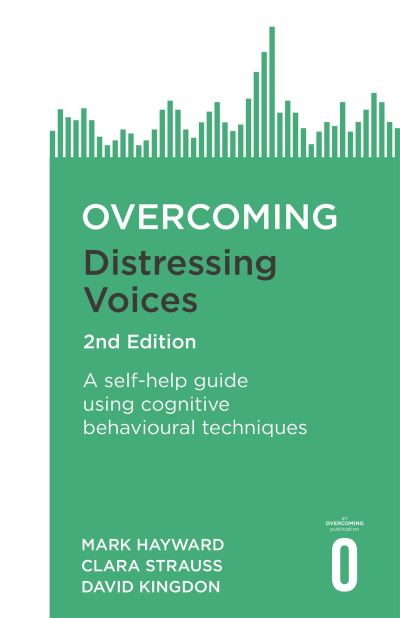
Practical help for managing distressing voice hearing experiences
Have you ever heard someone talking to you, but when you turned around no one was there? Voice hearing is more common than might be expected. Many of those who experience this phenomenon won't find it distressing, while some may find it extremely upsetting and even debilitating.
Although the causes of voice hearing are many and varied, cognitive behavioural therapy (CBT) has been found to be a highly effective treatment for distressing voices. CBT can provide a powerful and positive way of coping with distressing voices, helping people to live well, even though the voice hearing may continue.
Written by experts, this accessible self-help manual takes those affected by distressing voices on a journey of recovery and healing, based on the latest psychological research. This fully revised and updated edition includes:
· Clear explanations of what distressing voices are and what causes them
· Techniques to explore and re-evaluate the links between self-esteem, beliefs about voices and feelings
· Practical steps to reduce the distress that hearing voices causes
· Consideration of the impact on friends and family, and advice for how they can help
Overcoming self-help guides use clinically-proven techniques to treat long-standing and disabling conditions, both psychological and physical. Many guides in the Overcoming series are recommended under the Reading Well Books on Prescription scheme.
Series Editor: Professor Peter Cooper
| ISBN: | 9781472140319 |
| Publication date: | 8th March 2018 |
| Author: | Mark Hayward, Clara Strauss, David G Kingdon |
| Publisher: | Robinson an imprint of Little, Brown |
| Format: | Paperback |
| Pagination: | 272 pages |
| Series: | Overcoming |
| Genres: |
Self Help and Personal Development Psychology |